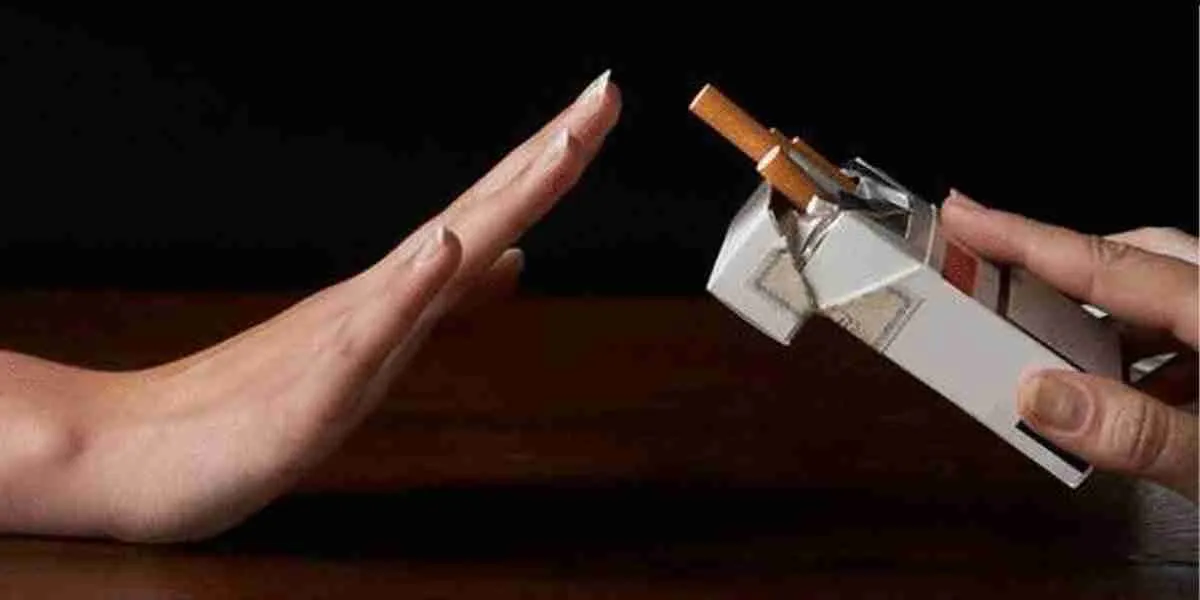Prolonged exposure to nicotine is correlated with several complications in a perioperative period which leads to worse outcomes. In general, patients who smoke have longer hospitalizations, decreased satisfaction, and a higher likelihood of recurrent admission to hospitals.
Smoking has a significant adverse effect on BMD (bone mineral density) which can lead to increased risks of fractures. Patients who are healing from a fracture will have a longer healing process. Sometimes fractures develop into nonunions. Fractures that do not heal are considered “nonunions”. Patients who smoke are more likely to develop a nonunion because of their difficulties with healing.
It has been consistently demonstrated in multiple studies conducted on effects of smoking on hip and knee replacement surgeries, smoking is found to be related to increased complications, infections, and need for recurrent surgeries. As a result, smokers are more likely to have increased pain following surgery, have trouble with bone or wound healing, and experience slower healing of their ligaments and tendons. The amount of tobacco that is used is proportionally associated with poorer outcomes.
Adverse effects of nicotine:
Nicotine is the main component of cigarette smoking. Chewing toboacco, nicotine patches and e-cigarettes contain nicotine and can still affect the outcome of your surgery.
Adverse effects of nicotine include:
- A decrease in the healing of the bone
- A decrease in bone strength.
- A decrease in bone grafts revascularization.
- Slow osteoblast production. Osteobloasts are the cells that form new bone.
- Loosening of the implant inside the body.
You can improve the chances of your successful results in following joint replacement surgery if you quit smoking.

Effects of smoking:
- Higher rates of complications are seen in smokers.
- The most common postoperative complications in smokers involve infections, less satisfaction with final surgical outcome, and poor healing of the wounds.
- Surgical complications cause an increased burden healthcare systems due to the higher rates of complications.
- Following joint replacement surgery, smokers have a 4.5 times more risk of loosening of their implants.
Benefits of smoking cessation:
Cessation of smoking has several benefits on the overall health of the body. Smoking cessation programs include pharmacotherapy, hotlines, and working with your primary care physician.
A few of the benefits of smoking cessation are:
- Reduce the time of post-op healing
- Reduces your chance of having a poor outcome
- Improves revascularization of the bone around your implants or injury
- Improves the strength of the bones
- Improves the production of osteoblast cells
- Keep orthopedic implants well-fixed in their position.
Resources:
- Hawaii Tobacco Quitline
- Online and telephone programs available
- 1-800-Quit-Now
- https://hawaiiquitline.org/
- Contact your Primary Care Physician. They may be able to provide you with a medication that can assist in smoking cessation.


